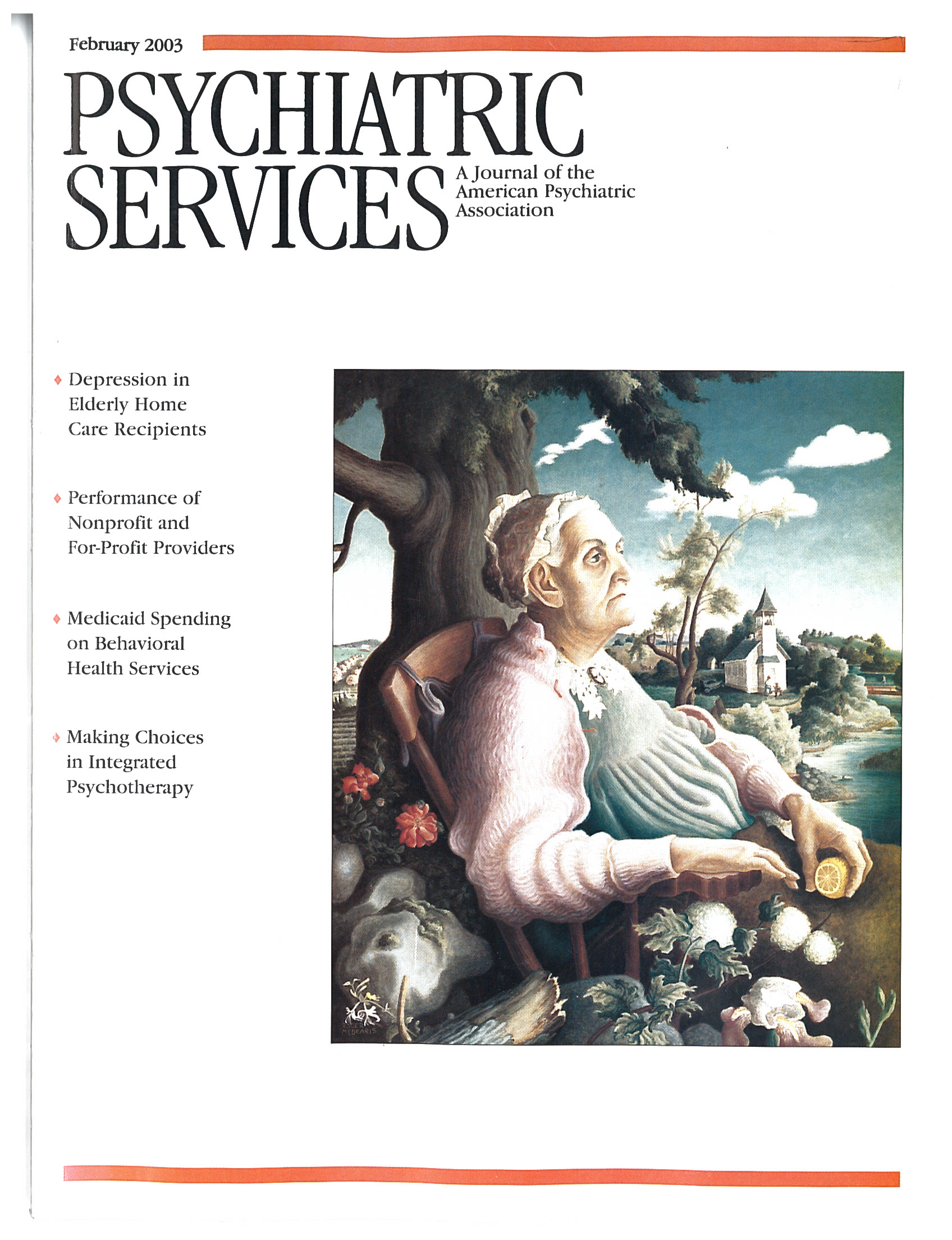Prevalence of Psychiatric Disorders Among Bereaved Survivors of a Disastrous Earthquake in Taiwan
Abstract
This study investigated the prevalence of psychiatric disorders and risk factors for posttraumatic stress disorder (PTSD) and major depressive disorder among bereaved survivors of a severe earthquake in Taiwan. A total of 120 survivors received a psychiatric interview conducted by board-certified psychiatrists. The two most prevalent disorders were PTSD (37 percent) and major depressive disorder (16 percent). The risk factors for PTSD were psychosocial stressors and initial feelings of guilt. The risk factor for major depressive disorder was female gender. Only 25 percent of the survivors with PTSD and 26 percent of those with major depressive disorder sought help at primary care clinics. These results indicate a need to develop an effective outreach strategy for dealing with psychiatric disorders among disaster victims.



